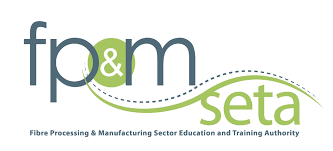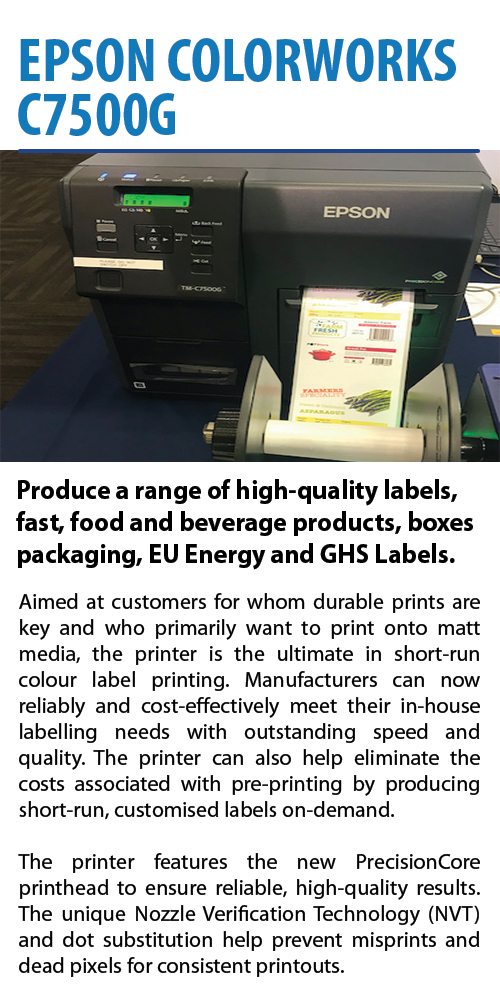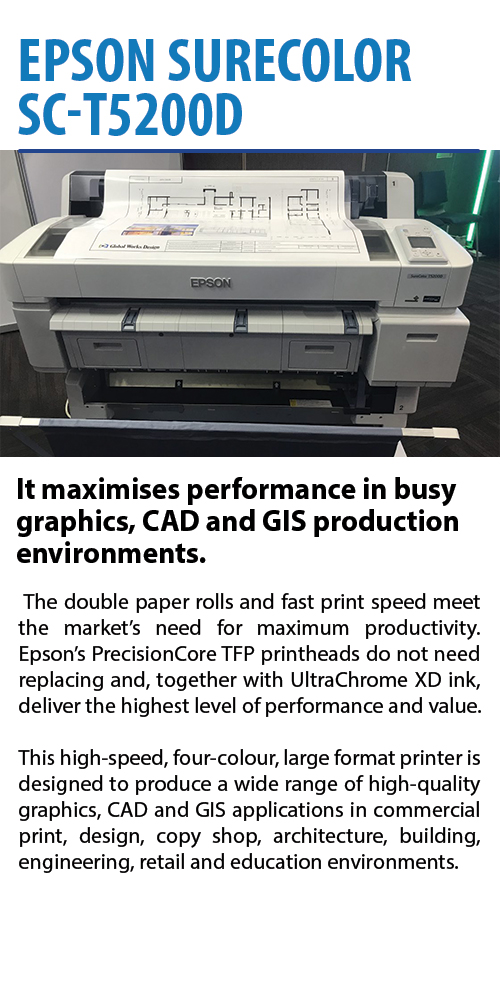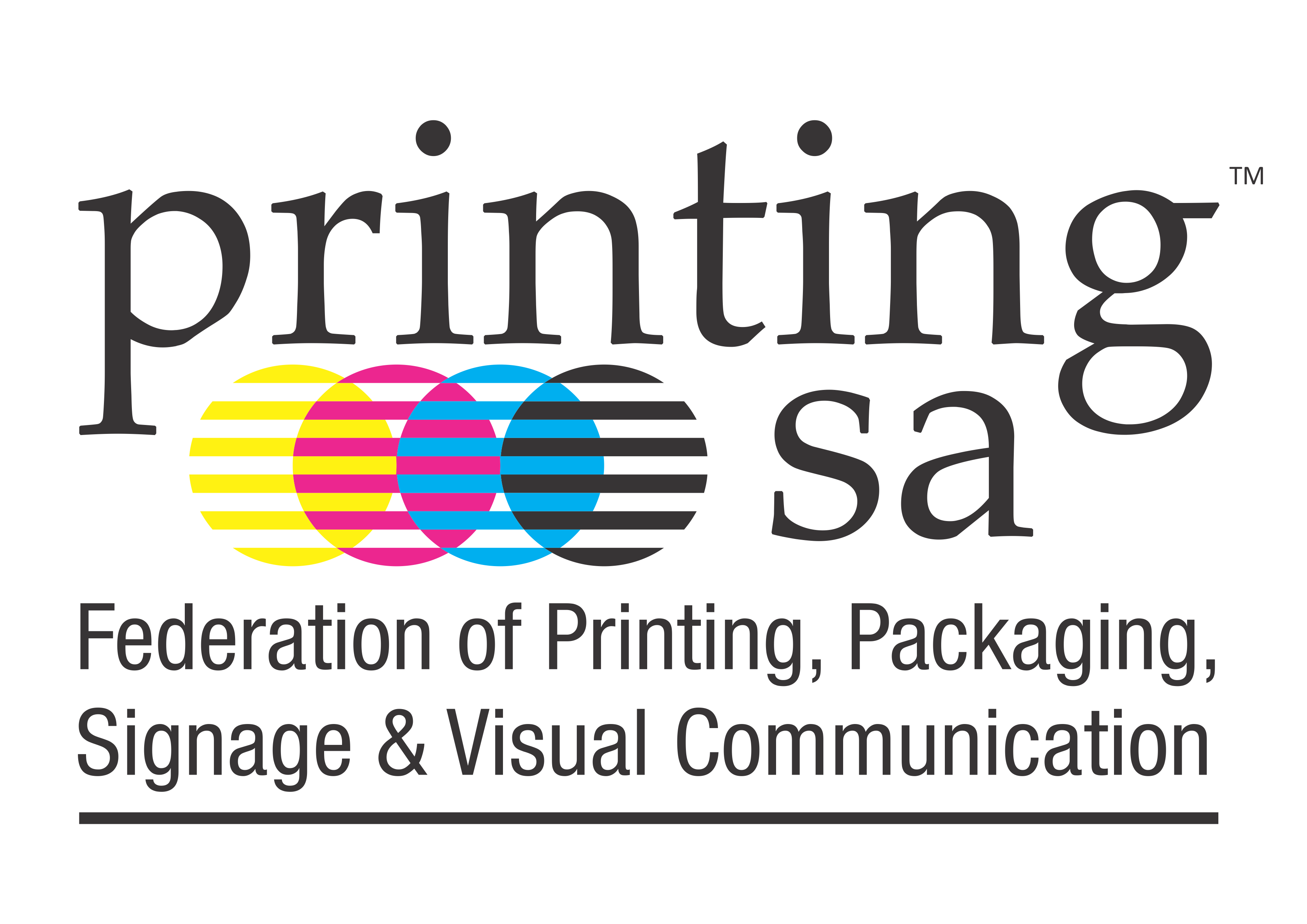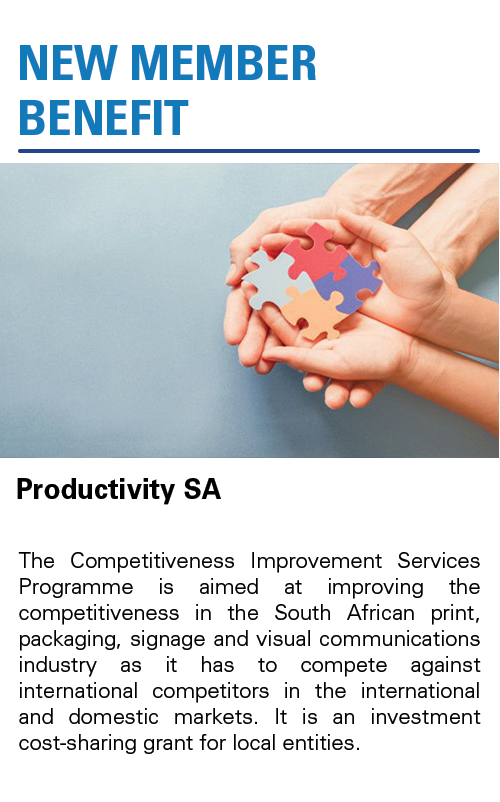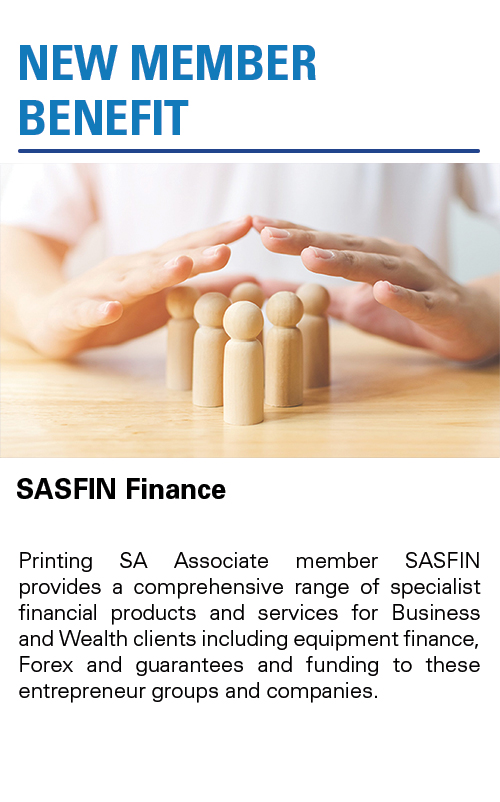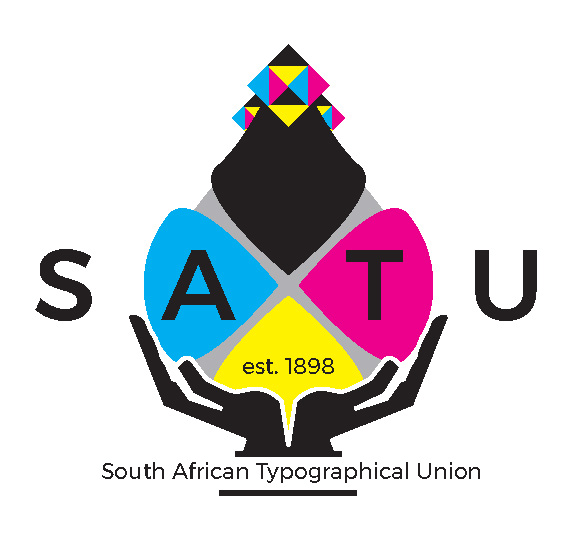Africa Print Durban Expo
ONLINE SHOWCASE
F
Established in 2011, the Fibre Processing and Manufacturing (FP&M) SETA consists of 13 sub-sectors namely the clothing, footwear, forestry, furniture, general goods, leather, packaging, printing, print media, publishing, pulp and paper, textiles and wood products sectors. Although classified individually, the sub-sectors are closely integrated. Together they create tremendous value in the lives of consumers, by converting lumber, pulp, natural or synthetic fibres, animal skins/hides into finished products such as furniture, clothing, shoes, protective equipment, paper and paper board, printing (books, magazines, etc), industrial fabrics and extending into high-tech applications in many different industries (automotive, health and building construction to name a few).
K
With branches in Johannesburg, Tshwane, Durban, Port Elizabeth and Cape Town, and a dedicated export division, Kemtek provides a dedicated distribution service and specialised technical and sales support across Southern Africa.
BRANDS: ARISTO, ARGOX, BROTHER LABELLING, CIPHERLAB, DATALOGIC, EPSON, FLINT, FOLIANT, FUJIFILM, HONEYWELL, HP INDIGO, KOMORI, SCODIX
Products on display
P
The official voice of the print, pack, sign and visual communications industries. We provide an array of services to members of the federation from conferring, consulting, training and campaigning for the long-term sustainability and future growth of the industry.
We represent our members on various statutory bodies, including the FP&M SETA, SACCI, regional Chambers of Commerce, Proudly SA and we are the official association for FESPA in Africa. Printing SA provides commercial, technical and legal advice, HR, IR & B-BBEE consulting services for our members. As the largest training provider for our sector, we offer an array of training interventions for those wanting to increase their knowledge, technical skills and expertise in the industry.
Products on display
S
This is our story and why we have been in the business for 124 years. Throughout the years the South African Typographical Union has concentrated on organising the technical employees in the print and packaging sectors. However, due to technological changes in the industry and the reduction of technical workers, it had to amend its Constitution to take in many other Allied Sectors.
The Conditions of Employment which apply to members in the Printing, Newspaper and Packaging Industry are in many cases better than those which most other unions have been able to negotiate for their members, and are in most cases, better than the Basic Conditions of Employment Act. Since the inception of this Act, employers have been attempting to change our members’ conditions of employment to those of the Basic Conditions of Employment Act. This has the effect of reducing our member’s conditions of employment to those of the Basic Conditions of Employment Act which are less favourable than our member’s present conditions.
Remember that the Basic Conditions of Employment Act only sets out the minimum conditions an employer can employ a person on. SATU has vigorously opposed these changes, as the conditions of employment which our members enjoy have been negotiated over the course of many years. SATU has amended its Constitution to extend its scope to include the following occupations: Stationery Outlets, Book Shops, Publishing Houses, Advertising Agencies, Screen and Sign Display Sectors, Photocopy Shops, Printing Suppliers, Graphics and Graphic Design and Visual Communications.
